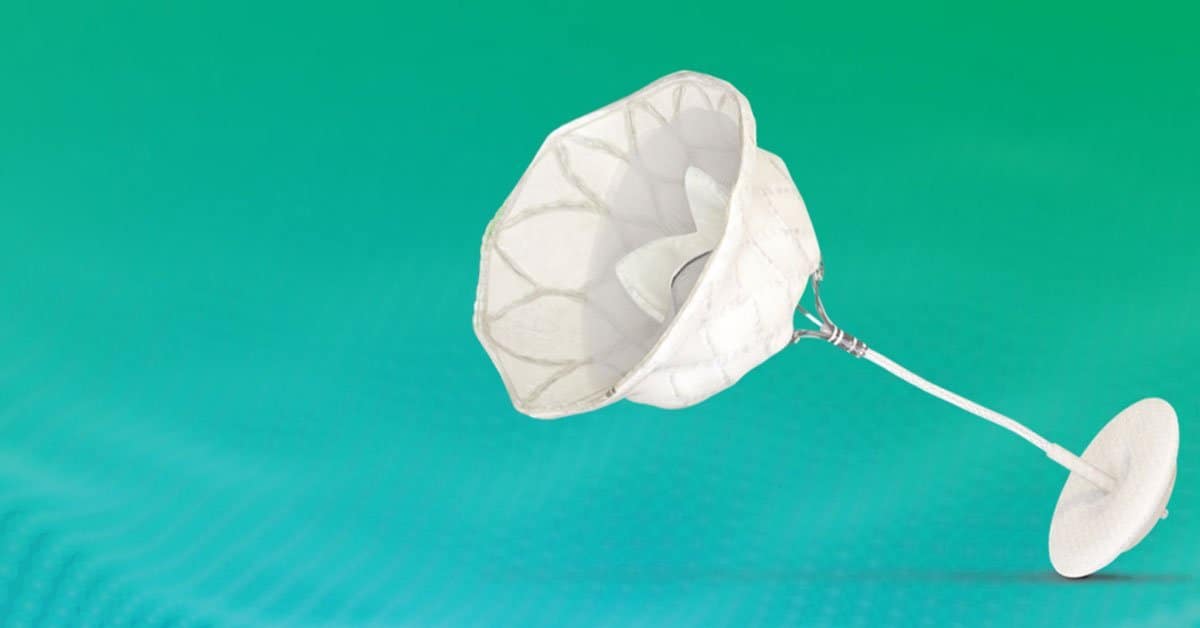Novartis’ Leqvio took a major step towards establishing itself as an LDL-C monotherapy, after topline results from the V-MONO study revealed significant LDL-C reductions in patients with low or moderate ASCVD risks.
- Available via twice-yearly injections, Leqvio (inclisiran) is an siRNA therapy that reduces LDL-C levels by inhibiting the PCSK9 protein.
- Leqvio already has FDA approval as an add-on to statin therapy in higher-risk patients, but is not currently approved for monotherapy or for low-to-moderate risk patients.
- The phase 3 V-MONO trial is the first to evaluate an siRNA as a monotherapy for this population.
The six-month V-MONO trial randomized 350 patients with low or moderate ASCVD risks who weren’t taking lipid-lowering meds to either take Leqvio, the SCAI ezetimibe (Merck’s Zetia), or a placebo.
- Leqvio achieved “clinically meaningful” and “statistically significant” LDL-C reductions compared with both ezetimibe and placebo (meeting its primary endpoints).
Although complete details won’t come out until an upcoming medical meeting, they are apparently strong enough that Novartis plans to share the results with the FDA for an expanded indication.
Leqvio has a solid FDA track record so far…
- It initially gained approval in 2021 for people with ASCVD or heterozygous familial hypercholesterolemia who are already taking statins.
- Then in 2023 it gained an expanded approval to include primary prevention among statin-taking adults with high LDL-C and high ASCVD risks.
- In theory an approval based on the V-MONO trial might expand Leqvio to low-to-moderate risk patients who aren’t or can’t take statins.
There will probably be more major Leqvio trials and FDA filings through 2027, as the V-MONO study is part of Novartis’ massive 60k-patient VictORION clinical trial program assessing Leqvio for primary and secondary ASCVD prevention.
- That focus on clinical evidence should prove to be key, noting that Novartis has historically viewed Leqvio as a drug that would have to make it through a “long journey” in order to achieve its “very significant” potential.
The Takeaway
The V-MONO trial adds to the growing body of evidence that Leqvio effectively reduces LDL-C, and suggests that the drug could become available to an even wider group of patients. Leqvio might still be in the early stages of its “long journey,” and it has some use case challenges to overcome. However, given its mounting evidence, long-lasting advantage, and how many patients still don’t have their cholesterol under control, it seems to be on track towards achieving its “very significant” potential.






